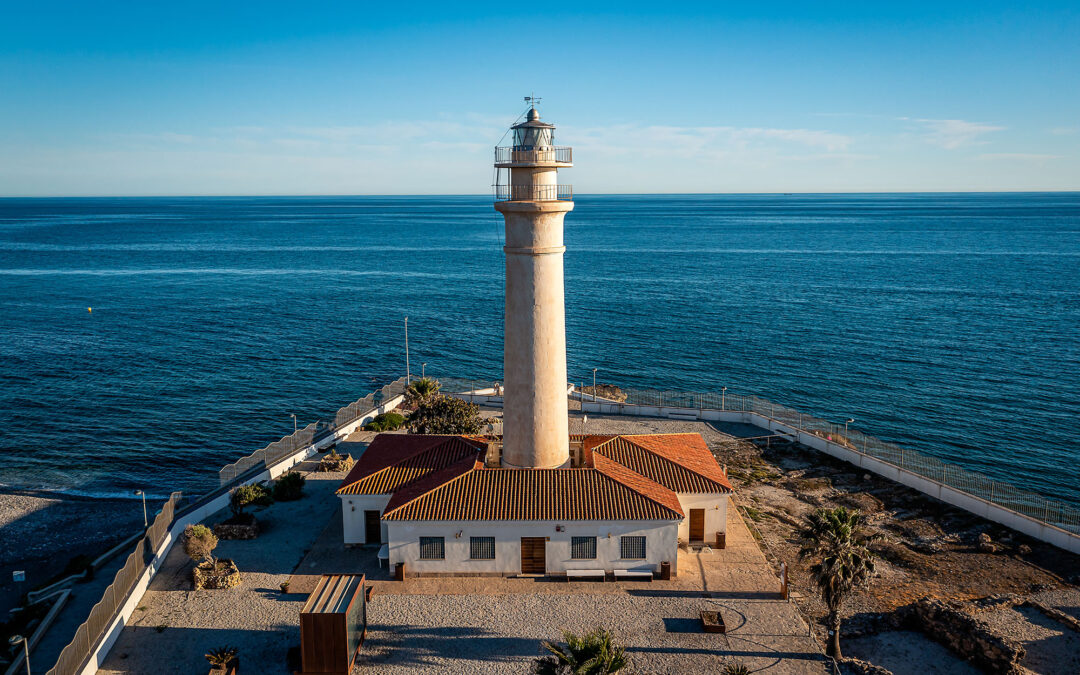Andalusia, with its sunny climate, rich culture, and laid-back lifestyle, is a dream retirement destination for many foreigners. Whether you’re drawn to the charm of the whitewashed villages, the golden beaches of Costa del Sol, or the vibrant cities like Seville and Granada, retiring here offers a unique blend of leisure and cultural immersion. But before packing your bags, it’s essential to understand the steps required and how your foreign income will be treated under Spanish regulations.
Steps to Retire in Andalusia as a Foreigner
1. Choose the Right Visa
Unless you’re an EU/EEA citizen, you’ll need a visa to live in Spain long-term. For retirees, the Non-Lucrative Visa is the most popular option.
- This visa requires proof of financial means to support yourself without working in Spain.
- You’ll need a minimum monthly income of about €2,400 (plus an additional €600 for each dependent).
- Comprehensive private health insurance valid in Spain is also required.
2. Apply for Residency
Once you have your visa, you must apply for a residency card (TIE) within 30 days of arriving in Spain. This process involves visiting the local immigration office, providing your visa, and submitting biometric data.
3. Register Locally
To fully integrate into Spanish life, you’ll need to:
- Register your address at the local town hall (Empadronamiento).
- Obtain a Spanish tax identification number (NIE).
- Open a Spanish bank account to manage bills and other expenses.
4. Understand Healthcare Access
Private health insurance is a requirement for most retirees, but after gaining residency, you may be eligible to join the Convenio Especial, a public healthcare scheme for non-working residents. This option offers affordable access to Spain’s excellent healthcare system.
5. Explore Tax Implications
Retiring in Spain means you’ll become a tax resident if you spend more than 183 days in the country within a calendar year. Understanding how your foreign income will be treated is vital to avoid surprises.
How Foreign Income Is Treated in Andalusia
Spain’s tax system is progressive, with rates varying based on income levels. Andalusia has its own regional tax brackets, which can differ slightly from other parts of Spain. Here’s how different types of foreign income are typically treated:
1. Pensions
- Government Pensions (e.g., Civil Service or Military): Generally taxed only in the country of origin, not in Spain.
- Private and State Pensions: Taxed in Spain as regular income, but double-taxation treaties (such as with the UK, US, or other countries) ensure you don’t pay taxes twice.
2. Investment Income
- Dividends, interest, and capital gains are taxed in Spain at rates ranging from 19% to 28%.
- Tax treaties may reduce or eliminate withholding taxes in your home country.
3. Rental Income
If you own property abroad and rent it out, this income is taxable in Spain.
- You may deduct expenses related to the property before calculating your taxable income.
4. Other Income
- Social Security Benefits: Taxed as regular income in Spain.
- Inheritance and Gifts: Andalusia has favourable inheritance tax rules, with significant reductions for close family members.
Double-Taxation Agreements
Spain has treaties with many countries to avoid double taxation, ensuring that you only pay taxes on your income in one jurisdiction. Check with a tax advisor to understand how your home country’s agreement with Spain applies to your specific situation.
Benefits of Retiring in Andalusia
- Cost of Living: Andalusia offers a lower cost of living compared to many Western countries, with affordable housing, utilities, and groceries.
- Quality of Life: With over 300 days of sunshine annually, a Mediterranean diet, and a rich cultural heritage, the lifestyle is hard to beat.
- Accessible Healthcare: Spain’s healthcare system ranks among the best in the world, providing peace of mind for retirees.
- Favourable Tax Rules: Andalusia has reduced inheritance and wealth tax burdens, making it attractive for retirees with assets.
Key Considerations
- Seek Professional Advice: Navigating Spain’s tax system and legal requirements can be complex. Engage a reputable lawyer and tax advisor to guide you.
- Plan Ahead: Ensure your income streams are sufficient to meet Spain’s visa and residency requirements.
- Learn the Language: While English is widely spoken in coastal areas, learning Spanish will help you integrate and enjoy the local lifestyle fully.
Retiring in Andalusia is an opportunity to embrace a relaxed, sun-soaked lifestyle while enjoying the cultural richness of Spain. By understanding the legal and financial aspects upfront, you can make the most of your golden years in this enchanting region.

